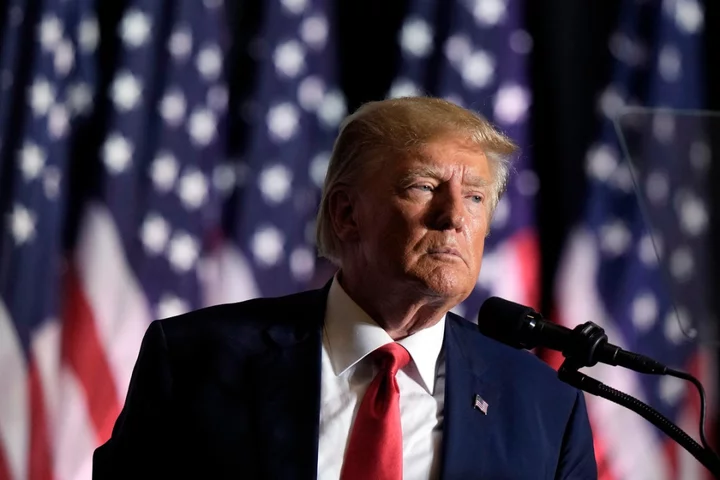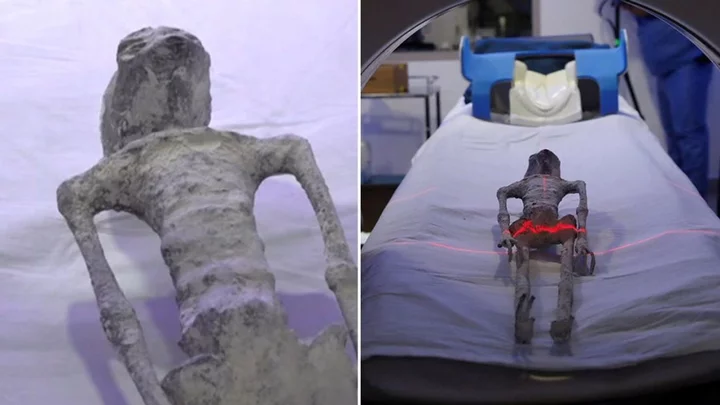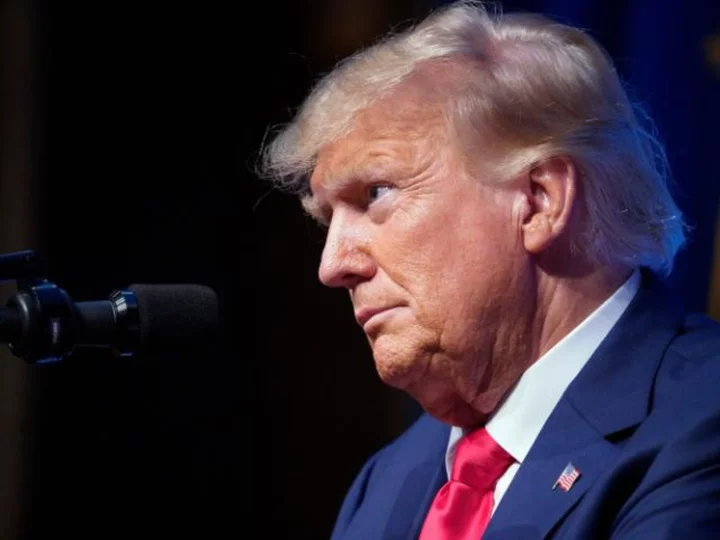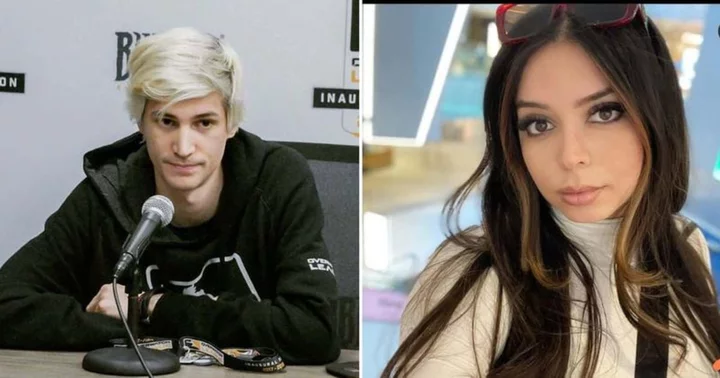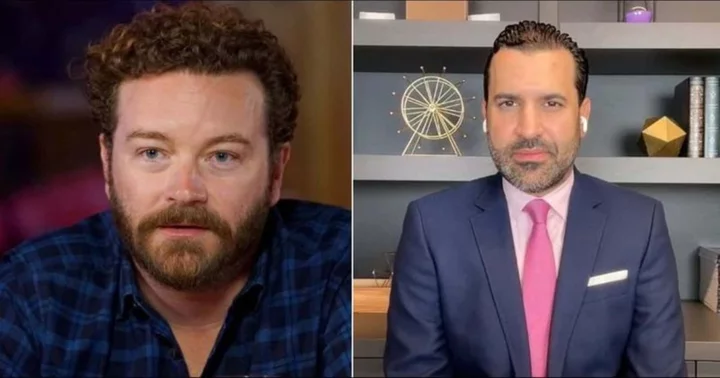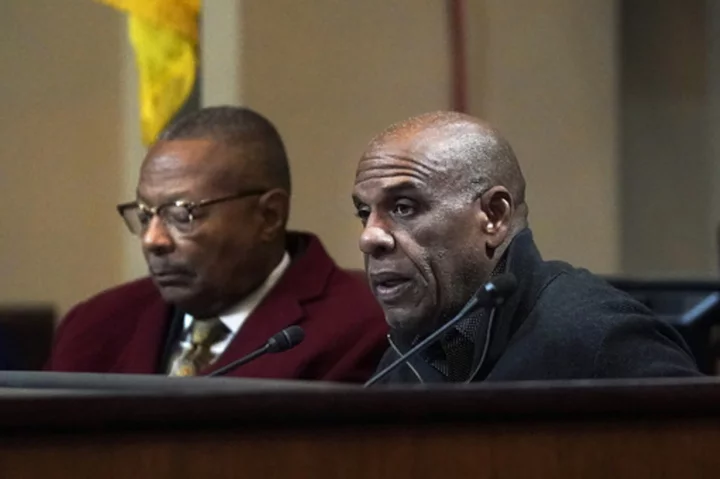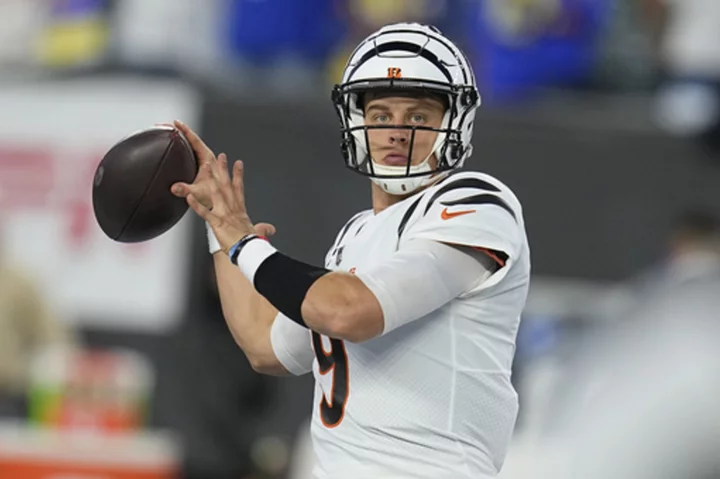A Georgia grand jury has returned indictments against former president Donald Trump and a wide swath of his confidantes and allies who prosecutors allege to have participated in a criminal enterprise with the goal of overturning the disgraced ex-president’s 2020 election loss to Joe Biden.
Grand jurors returned indictments against against Mr Trump and 18 other defendants late Monday after hearing from a number of key witnesses in the long-running Georgia election probe, including Gabe Sterling, who served as a top manager in the Georgia Secretary of State’s office in late 2020, and Geoff Duncan, the state’s former Republican lieutenant governor.
Although the courthouse closes normally around 5.00 pm ET, authorities reportedly asked grand jurors to stay until approximately 9.00 pm to finish voting on what a cover sheet delivered to Judge Robert McBurney indicated to be 10 separate indictments.
But the 98-page document unsealed later Monday evening was the only set of charges pertaining to Mr Trump and his co-defendants, a group which includes his former White House chief of staff, Mark Meadows, ex-New York City mayor Rudolph Giuliani, attorneys Jenna Ellis and Sidney Powell, ex-law professor John Eastman, Trump campaign lawyer Ken Cheseboro, and former Justice Department official Jeffrey Clark.
Fulton County District Attorney Fani Willis had been understood to be considering seeking charges against the ex-president under the state’s wide-ranging Racketeer Influenced and Corrupt Organisations statute, which is itself patterned after a Nixon-era federal law passed to combat the Italian-American Mafia crime syndicates.
The former president is charged with violating Georgia’s Rico law, Solicitation of Violation of Oath by Public Officer, Conspiracy To Commit Impersonating a Public Officer, Conspiracy To Commit Forgery in the First Degree, Conspiracy To Commit False Statements and Writings, Filing False Documents and other charges stemming from his efforts to pressure Georgia officials into fraudulently reversing his loss and his role in a scheme which purported to submit what were forged electoral college certificates to the National Archives.
Other charges referenced in the charging document include Impersonating a Public Officer and Criminal Attempt to Commit Influencing Witnesses.
The grand jury which returned the indictments against Mr Trump and his co-defendants was the second to hear evidence against the ex-president as part of a long-running probe which Ms Willis first announced in early 2021, not long after a recording emerged of Mr Trump pressuring Georgia Secretary of State Brad Raffensperger to “find” enough non-existent votes in his favour to justify decertifying the state’s presidential election results.
She subsequently asked the Fulton County District Court to empanel a special grand jury to investigate Mr Trump’s efforts to overturn the election. That investigation, which wrapped up late last year, saw witnesses from all over the country summoned to give evidence behind closed doors in the Fulton County courthouse. Because special grand juries are not permitted to issue indictments under Georgia law, Ms Willis had to present that grand jury’s findings to a second, regular grand jury which began to meet in July.
Mr Trump, who is also facing criminal charges from a local district attorney in his former home state of New York and set to be tried on Espionage Act and obstruction of justice charges in a Florida federal court next May, had unsuccessfully sought to have Ms Willis blocked from prosecuting him and has asked two Georgia courts to throw out the entire special grand jury proceeding, citing alleged deficiencies in the law providing for special grand juries and Ms Willis’ attendance at Democratic political fundraisers.
Judge McBurney, the Fulton County Superior Court jurist who has been overseeing the proceedings for the last two years, wrote in a ruling issued last month that Mr Trump and a co-plaintiff who was one of the fake electors under investigation had lacked any standing to challenge the investigation in a pre-indictment phase.
“The movants’ asserted ‘injuries’ that would open the doors of the courthouse to their claims are either insufficient or else speculative and unrealized,” he said.
“They are insufficient because, while being subject (or even target) of a highly publicized criminal investigation is likely an unwelcome and unpleasant experience, no court ever has held that that status alone provides a basis for the courts to interfere with or halt the investigation.”
Judge McBurney also called Mr Trump and his co-plantiff’s “professed injuries” from being targets of the investigation “speculative and unrealized” because neither has been indicted as of yet, and the mere possibility of an indictment “not enough to create a controversy, cause an injury, or confer standing”.
Now, with charges against him having been officially approved by a grand jury, Mr Trump could seek to renew the litigation.
But unlike in the two federal cases pending against him, the former president cannot count on regaining the power of the presidency or help from a Republican ally in the Georgia governor’s mansion to protect him.
Unlike many US states, the Peach State does not grand its’ chief executive the authority to issue pardons for crimes committed against the state.
Instead, pardon power is delegated to a nonpartisan board, and it can only be invoked to grant a pardon after a criminal has completed his or her sentence.
Read MoreTrump campaign launches sprawling attack as Georgia grand jury hands down indictments
Republicans decry Trump’s Georgia indictment before details are released
Hillary Clinton reveals one ‘satisfaction’ she gets from Trump’s indictment
All the lawsuits and criminal charges involving Trump and where they stand
Trump legal team tries again to block Georgia election interference grand jury probe
Trump probe ‘subpoenaed CCTV from Georgia 2020 ballot counting centre’
Georgia Supreme Court tosses Trump attempt to challenge 2020 election investigation over vote call

